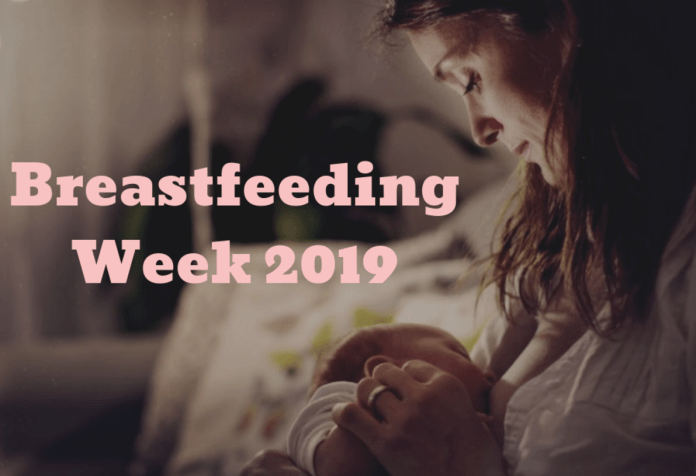You may not be aware, but the 1-7th of August is celebrated as World Breastfeeding Week globally. This is to encourage breastfeeding and improve the health of babies around the world. First celebrated in 1992 by World Alliance for Breastfeeding Action, it is now observed in over 120 countries from the last 28 years. With a goal to promote exclusive breastfeeding for the first six months of life, here is everything you need to know about World Breastfeeding Week.

The event is organised every year by the World Alliance for Breastfeeding Action (WABA)

WABA is a global network that aims to protect, promote and support breastfeeding around the world. They work with the World Health Organization and UNICEF to get its aid to the right people in the right communities.
Why is breastfeeding important?

To put it simply, breastfeeding is the best way to provide your baby with the nutrients they need. The antibodies present in breast milk also help your baby fight off viruses and bacteria. WHO recommends exclusive breastfeeding starting within one hour after birth until a baby is 6 months old. Babies who are breastfed exclusively for the first 6 months have fewer ear infections, respiratory illnesses, and bouts of diarrhoea. Not only that, according to WHO breastfeeding also benefits the mothers. It reduces the risk of breast and ovarian cancer, type II diabetes and post-partum depression.
World Breastfeeding Week 2019
The theme for this year’s World Breastfeeding Week is – Empower parents, enable breastfeeding: Now and for the future!

This year, WHO is working with UNICEF and their other partners to promote the importance of family-friendly policies. Also, to enable breastfeeding and help parents nurture and bond with their children in early life.
It also includes enacting paid maternity leave for a minimum of 18 weeks, and paid paternity leave to encourage shared responsibility of caring for their children on an equal basis. Mothers also need access to a parent-friendly workplace. This is to protect and support their ability to continue breastfeeding upon return to work. For that, they need access to breastfeeding breaks; a safe, private, and hygienic space for expressing and storing breastmilk; and affordable childcare.
All new mothers and fathers, we hope you too would be embracing and celebrating the breastfeeding week and spreading awareness about the subject.




